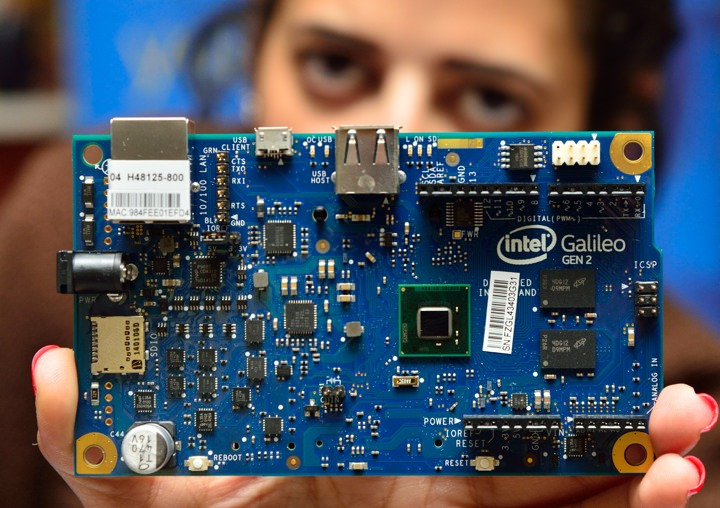
Windows 10 for IoT Core was revealed at its Build conference earlier this year as a barebones port of the OS, designed for things like household appliances and apparently even air hockey tables. Intel has been working on IoT-specific boards for quite some time now, constantly finding new ways to reduce power consumption and include new features.
The Galileo Gen2, which Microsoft is explicitly pointing to with this prohibition, recently upgraded to a Quark X1000 processor, clocking in at about 400MHz. While this just about hits the mark for what’s expected from IoT clock speeds, it may have been a bit too weak for Microsoft’s tastes. As explained on Windows Dev Center, support for both Galileo board generations ends on November 30. Unfortunately, this could mean the end of the road for Intel’s Edison board support as the device shares many of the same features as Galileo.
Now Microsoft suggests that Windows IoT developers scrap Galileo altogether for their projects and instead opt for the still-supported Raspberry Pi 2, which is fortunately only a $35 expense. Although, if you’d rather wait for something more powerful, Qualcomm’s Dragonboard 410c is set to arrive later this year, fully equipped with a 1.2GHz SnapDragon 410.


